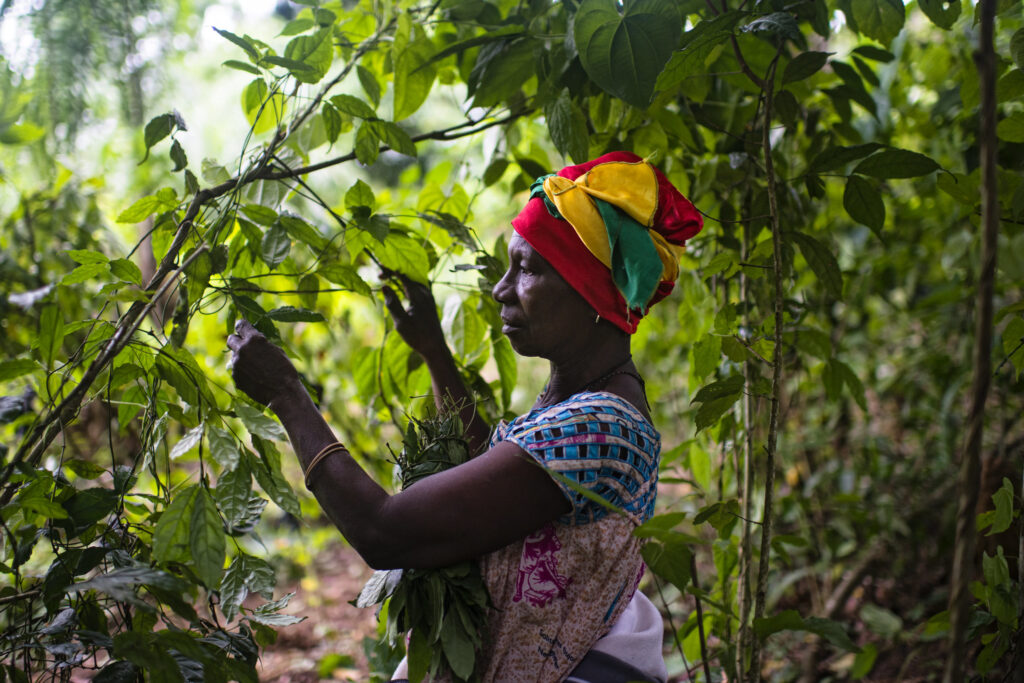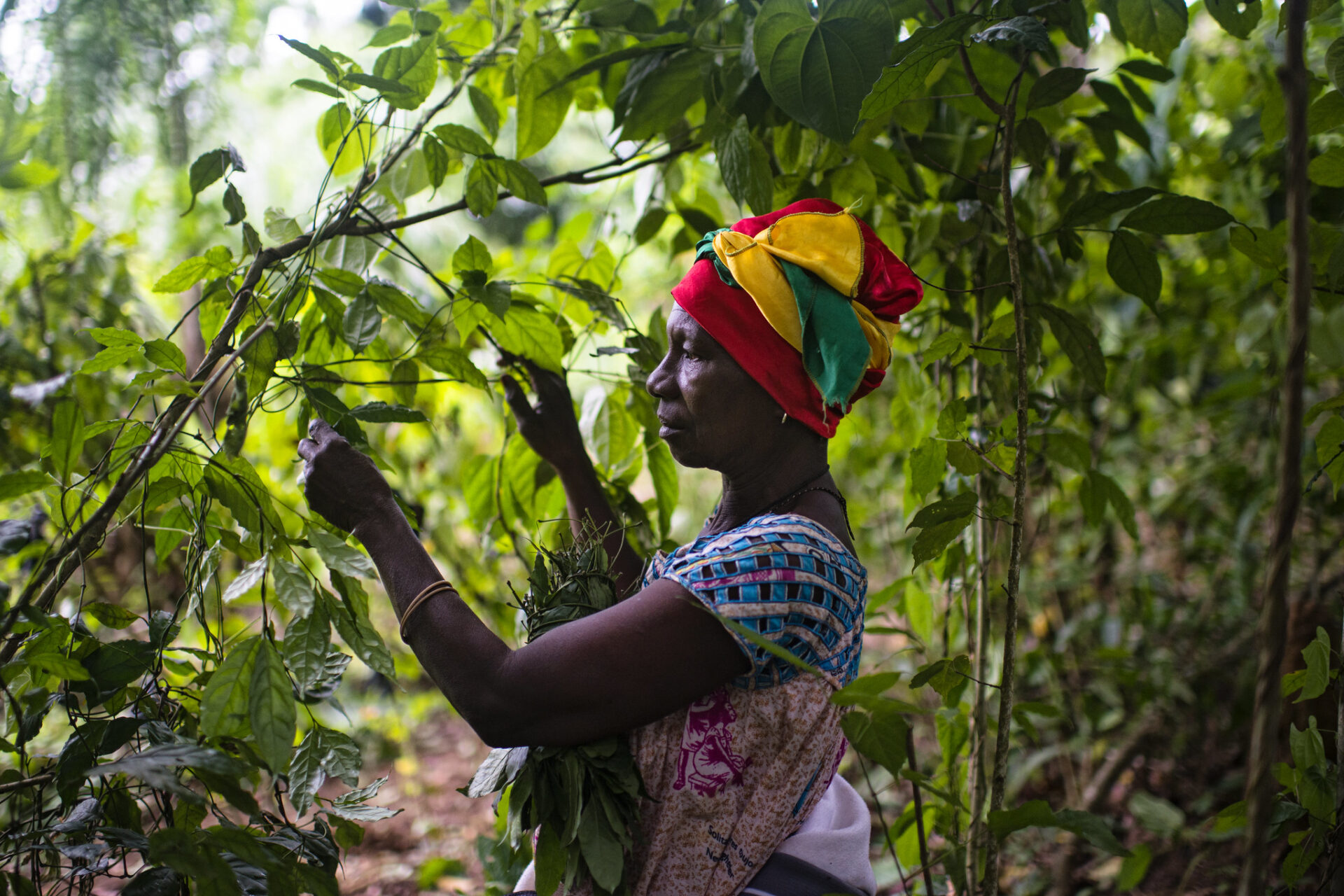Format: In-person and live-streamed
Date: Monday, 4 September 2023
Time: 14:00-15:30
Location: Julius Nyerere International Convention Centre, Dar es Salaam, Tanzania
Room: Mt Meru Hall
Almost 1 billion livelihoods are reliant on food systems in Africa, yet food growers often face food insecurity and precarious working conditions. Effective management of food systems transformation is crucial to avoid exacerbating vulnerable livelihoods and to foster improved higher-quality jobs.
Join us for an insightful session featuring groundbreaking research from the launch of the Food System Economics Commission’s Policy Brief on African Jobs in Food Systems Transformation, shedding light on job dynamics in the food system transformation and the significance of job creation within and beyond food systems to ensure just transitions. Attendees will engage in discussions on actionable policy measures and promising examples of equitable and regenerative change.
The session will be in-person and live-streamed on Africa Food Systems Forum’s website and YouTube.
Moderator:
Geeta Sethi, Advisor and Global Lead for Food Systems at the World Bank
Panelists:
Stella Nordhagen, Senior Technical Specialist with the Global Alliance for Improved Nutrition (GAIN) & FSEC Commissioner
Wangari Kuria, Chief Executive Officer of Farmer On Fire Limited
Richard Kachungu, Co-Founder and Executive Director of the Young Emerging farmers Initiative (YEFI)
Jonas Munyurangabo, Policy Analyst for the Food Program at the World Resources Institute (WRI)
Buffy Okeke-Ojiudu, Founder of Zebra Agro-Industries
Co-Organisers:
Food System Economics Commission (FSEC)
IKEA Foundation
Just Rural Transition
WRI Africa


